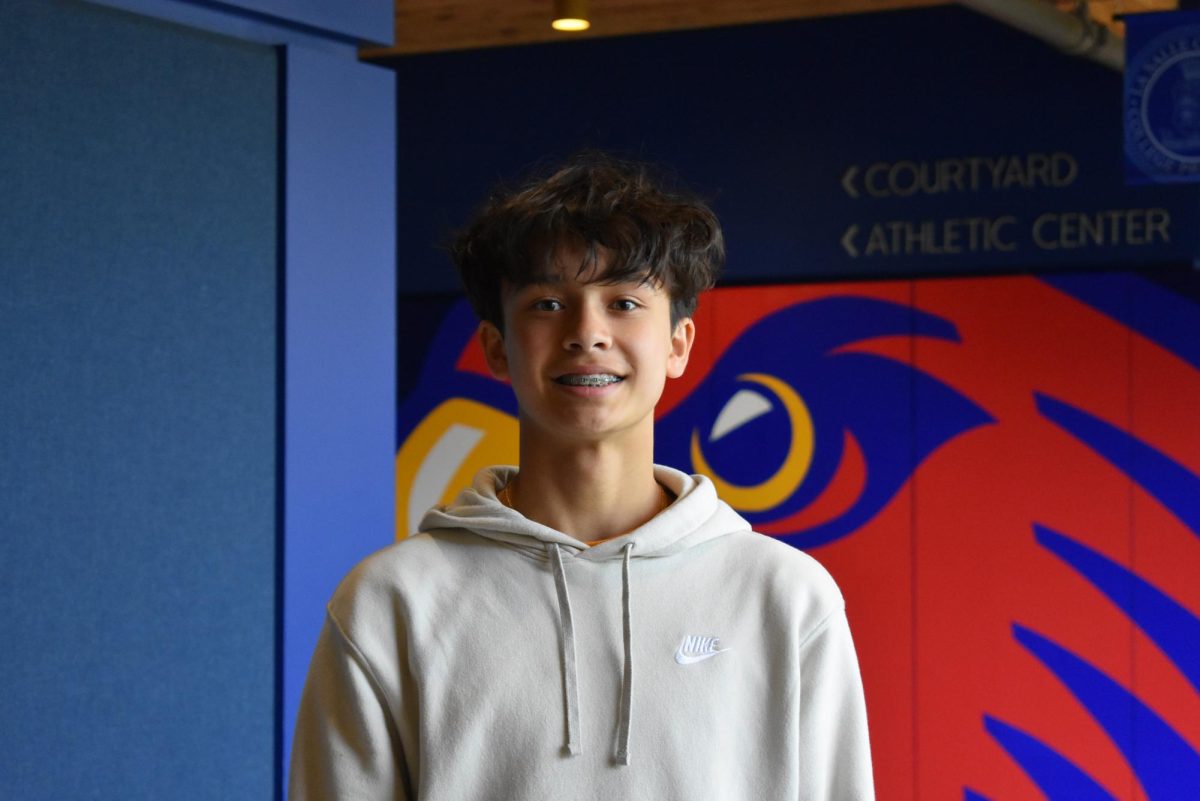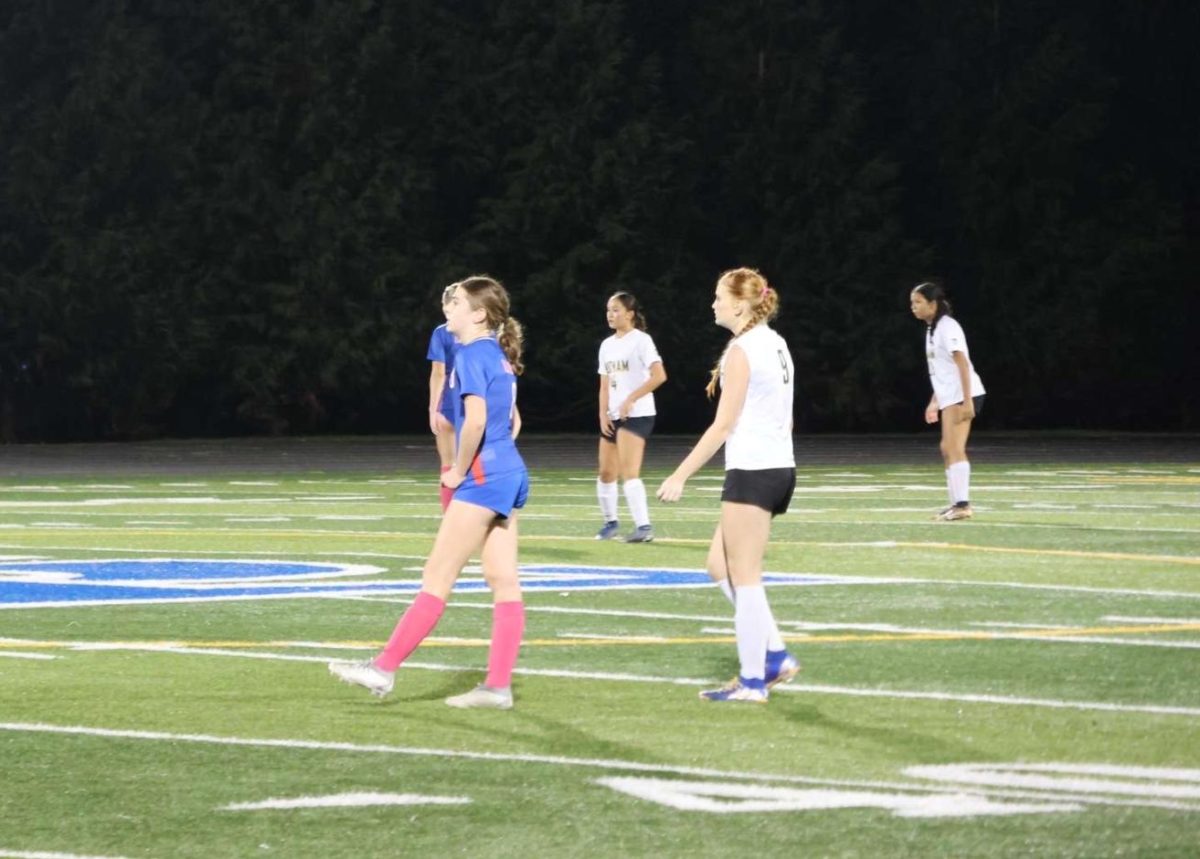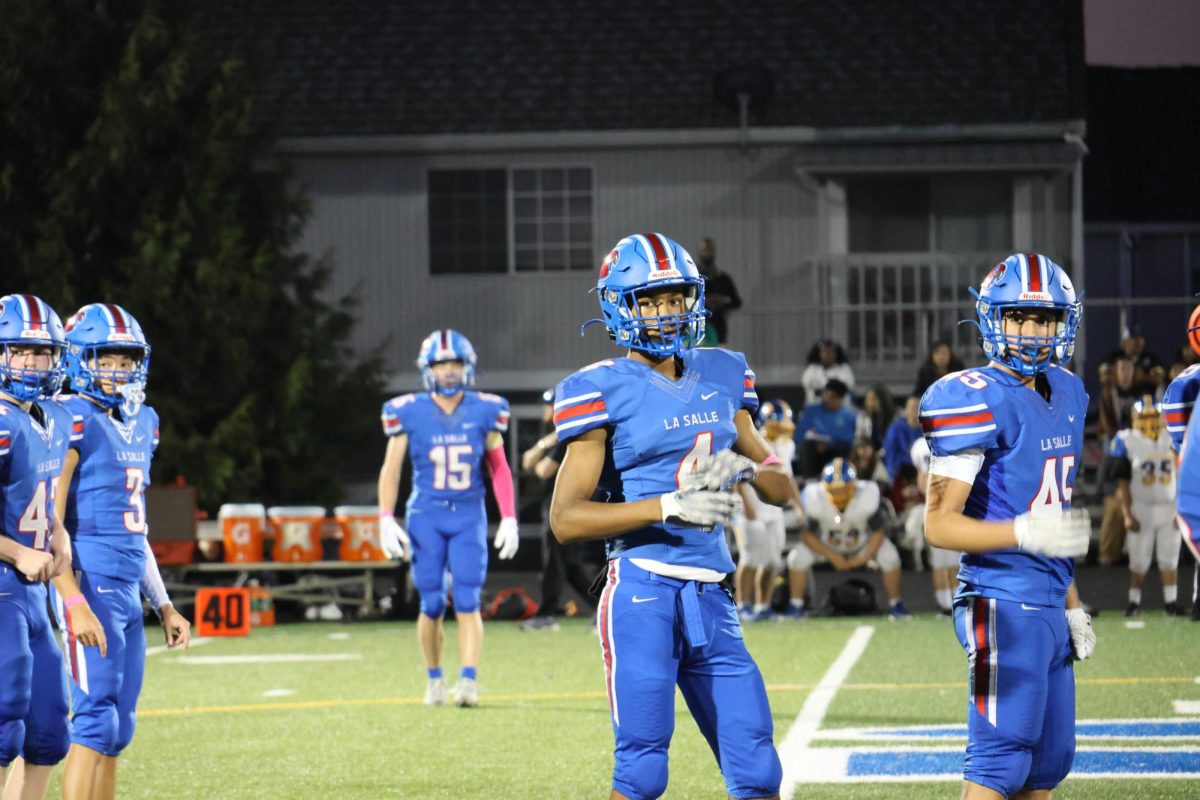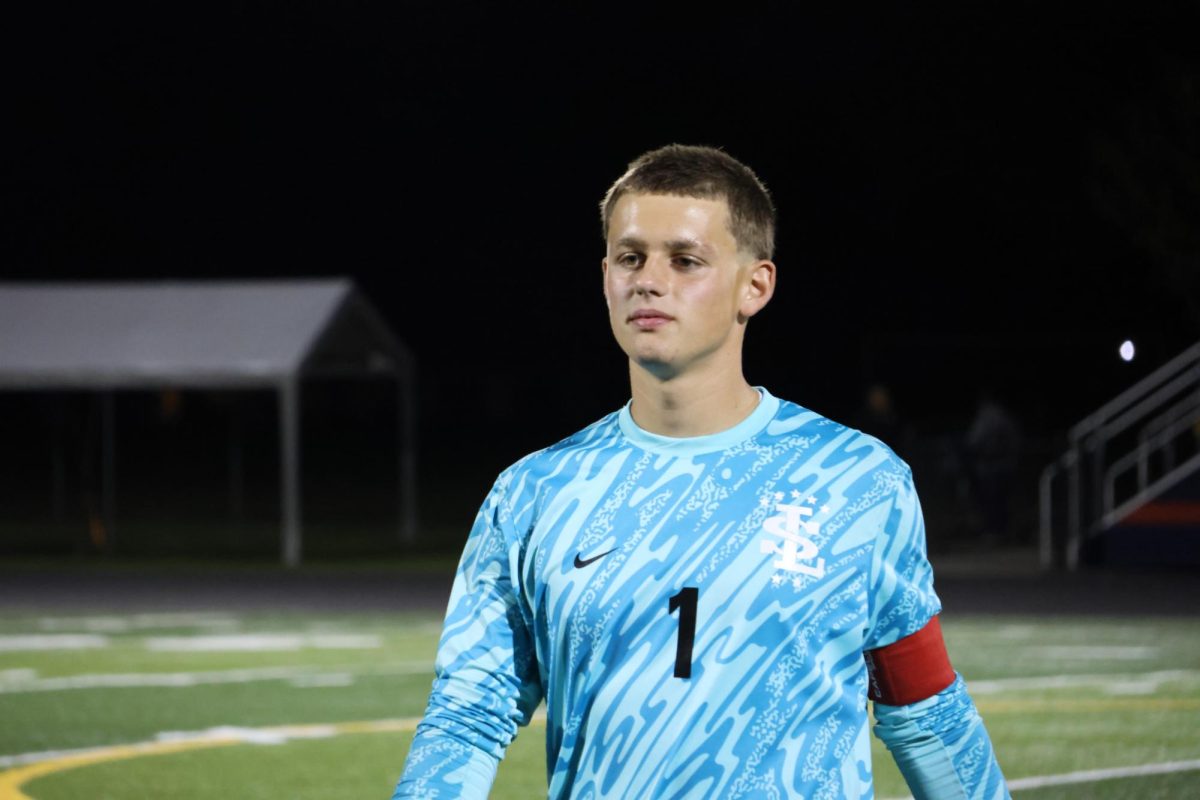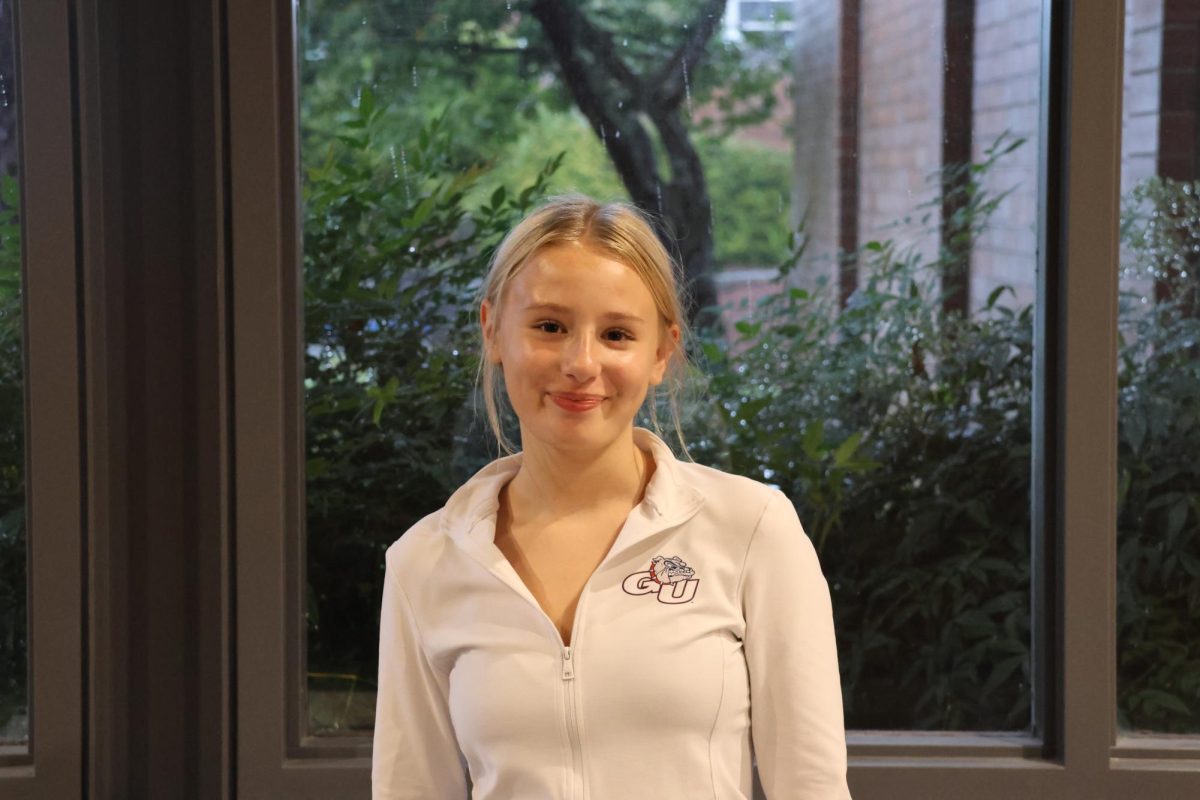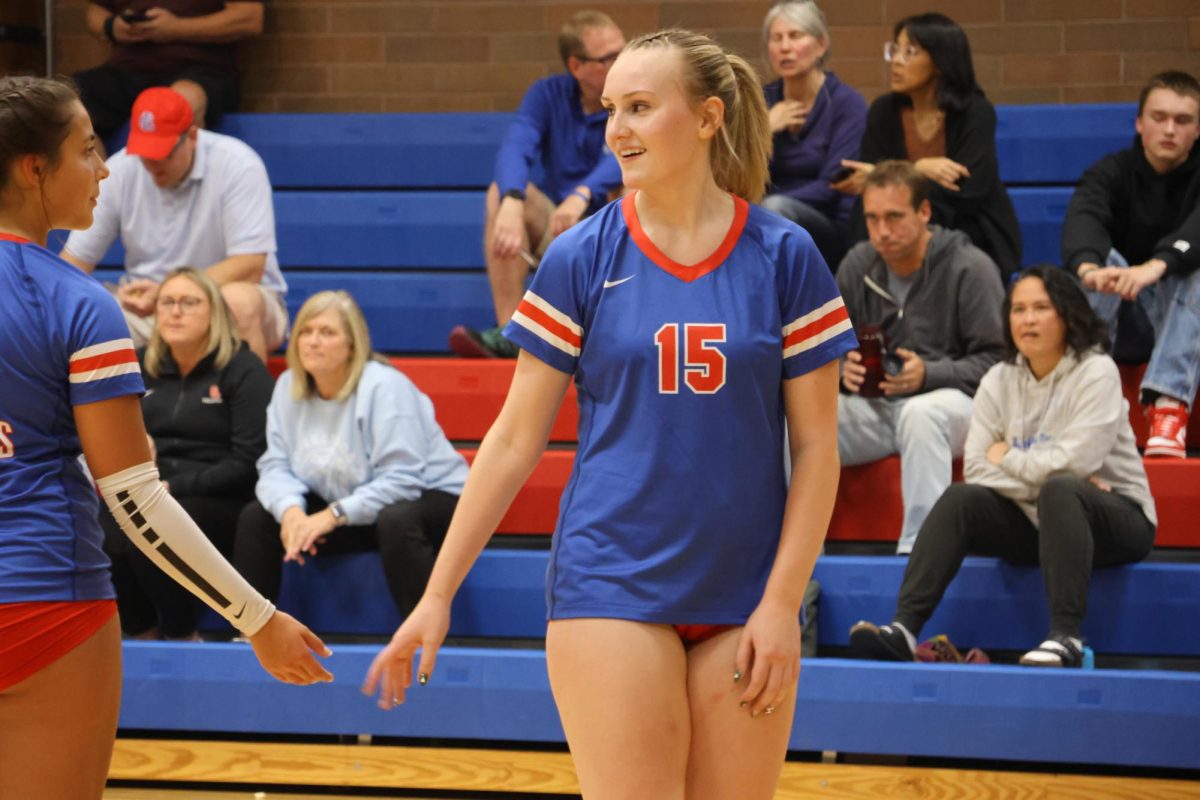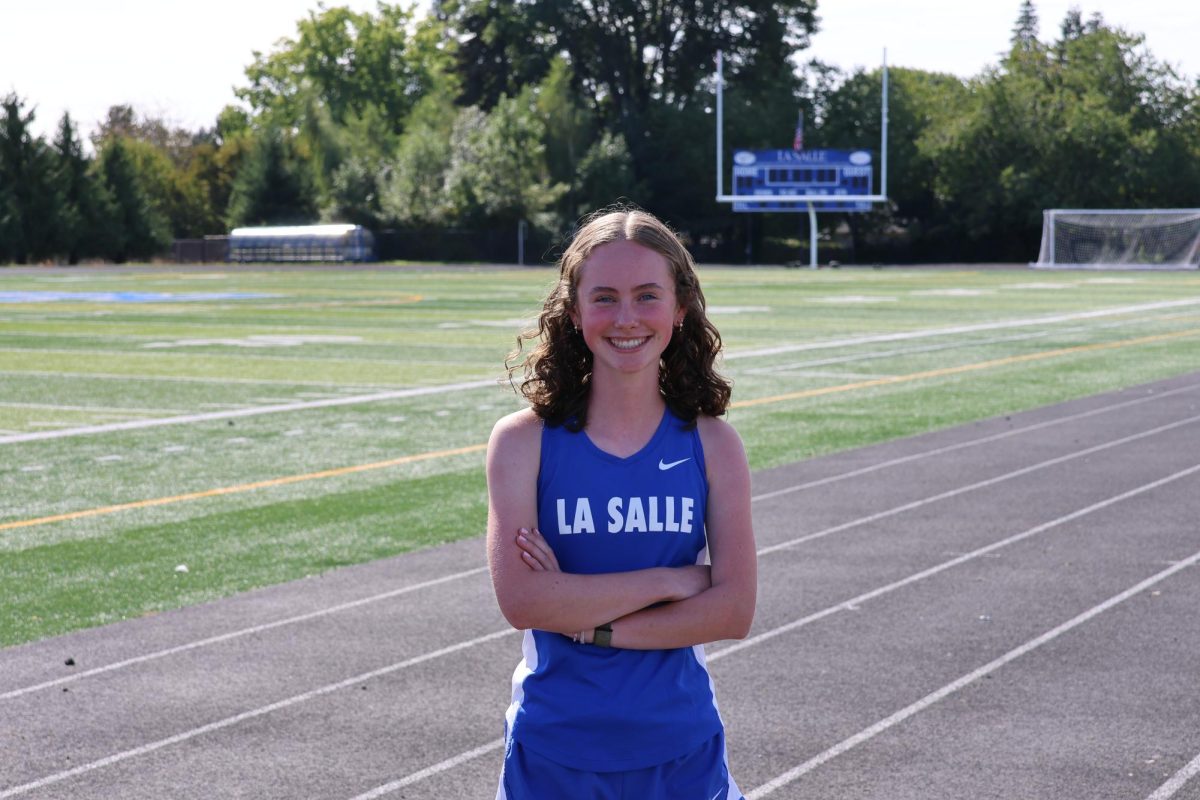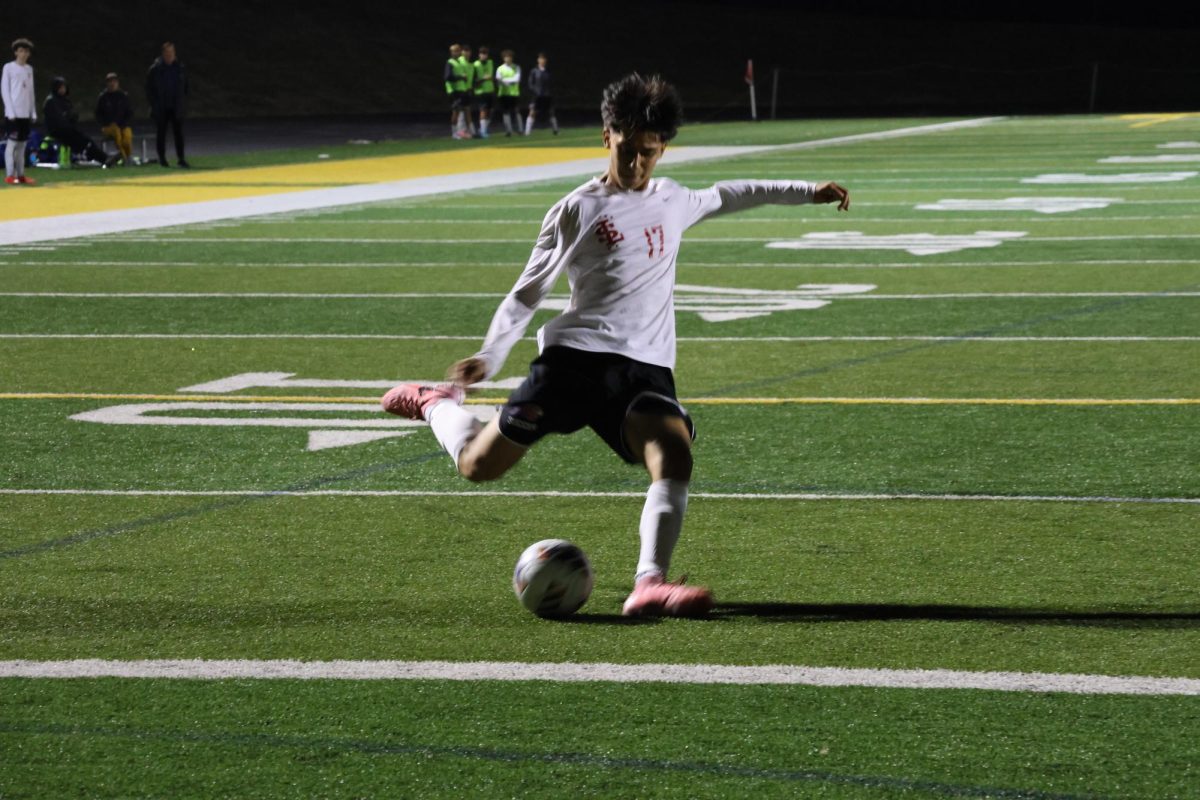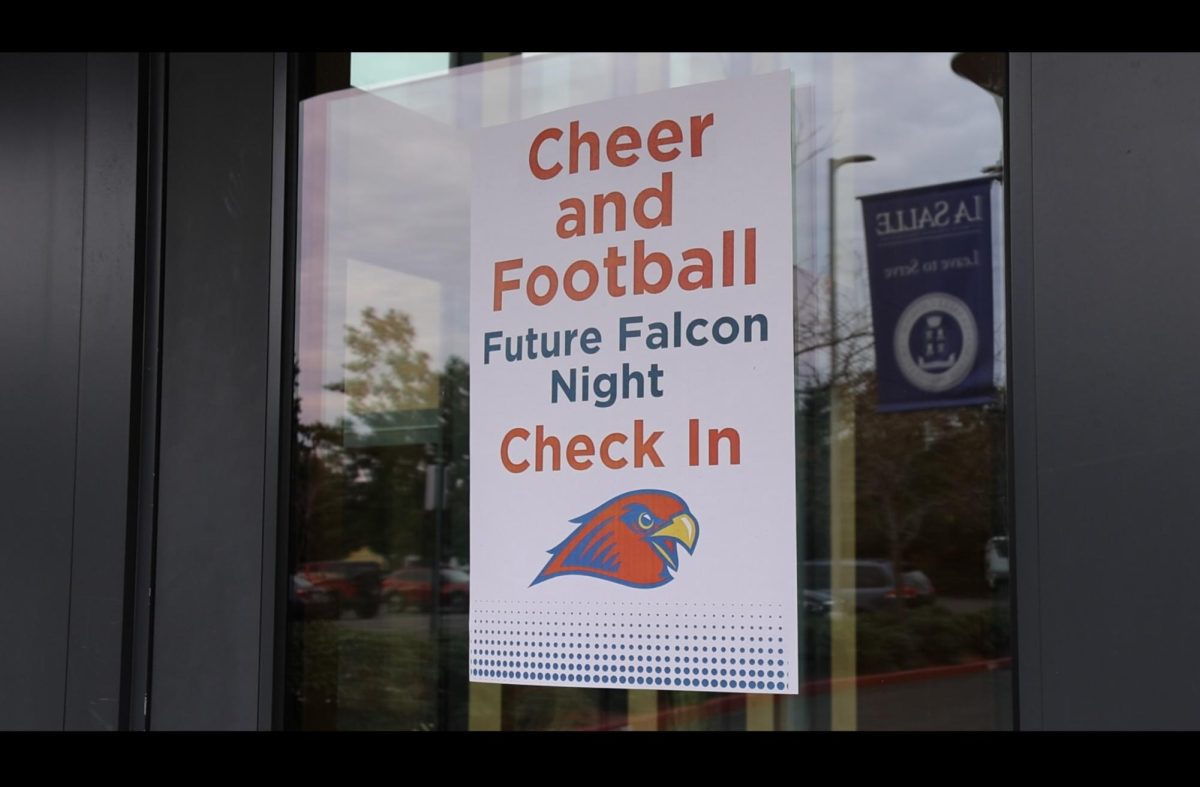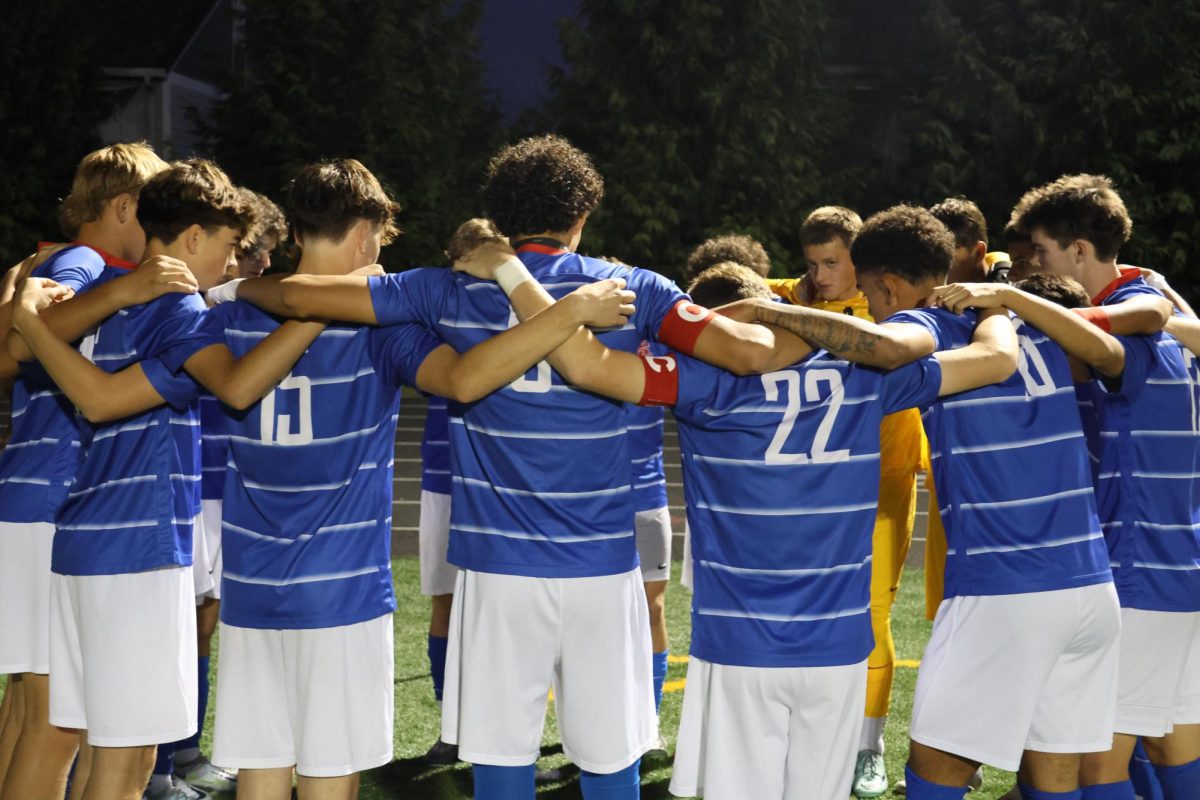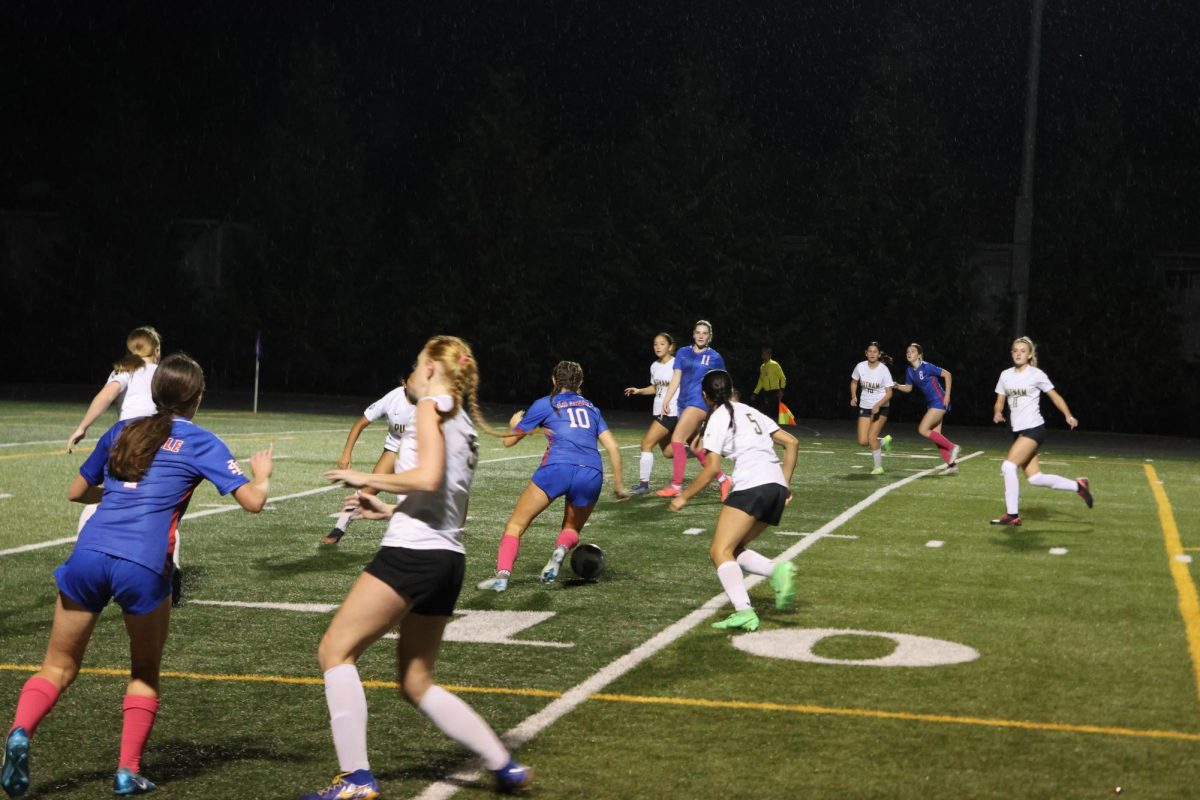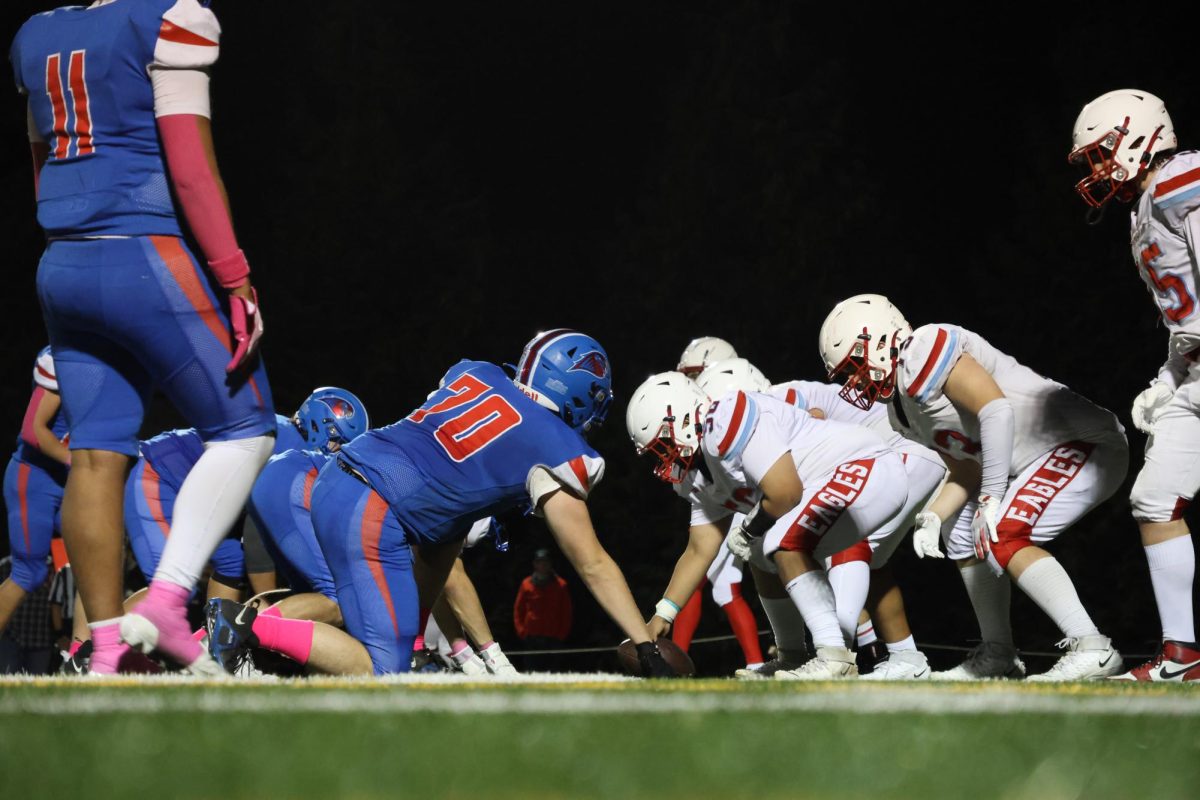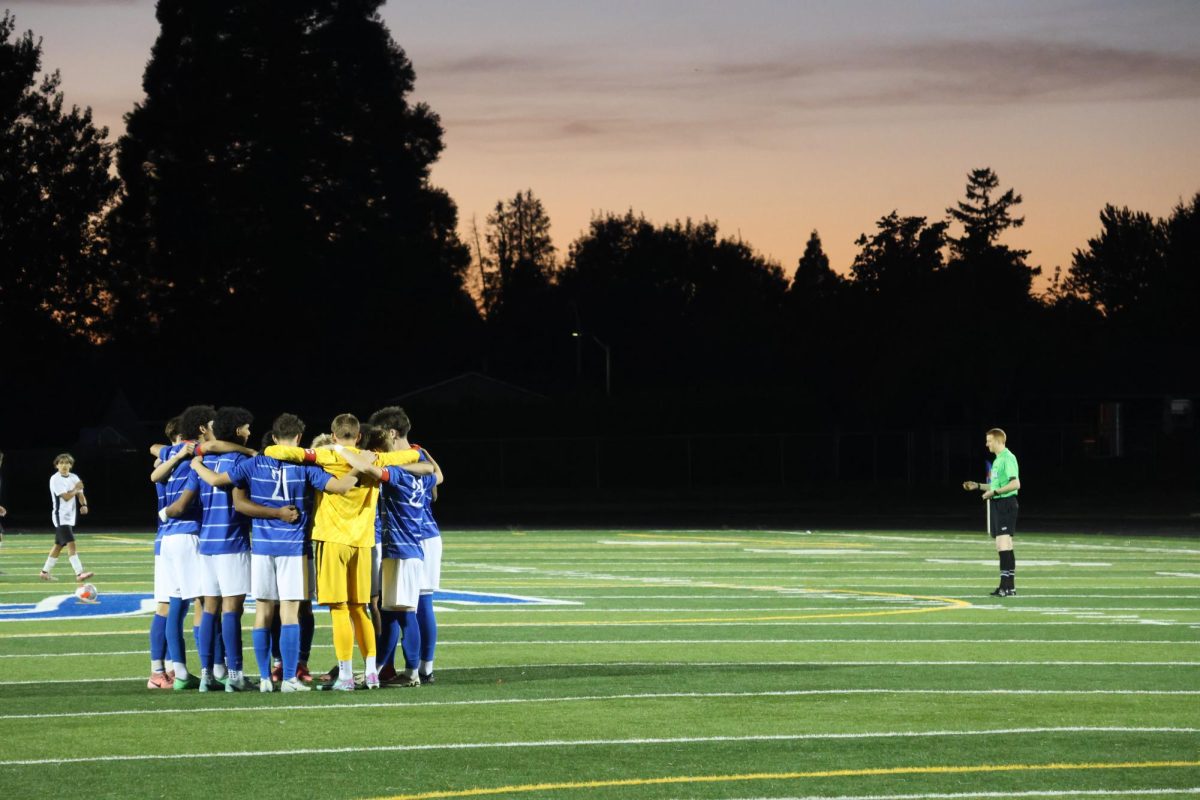For freshman varsity tennis player Kaiden Harris, the most important aspect of tennis is focus. According to him, even when you think you’re ahead in a match, you can still lose that lead if you’re not concentrated enough.
Harris started his relationship with the sport when he was five years old and has been developing it ever since. His parents told him and his sister to pick a sport in order to stay active, and since then, the two of them have been playing tennis.
Just this year, Harris joined the boys varsity tennis team after the coach saw his past tournament rankings, and is learning to adapt to being on a team after competing on his own previously. “It’s different because there’s a community, it’s more supportive,” he said.
Harris acknowledges that initially joining the team, “there was a lot of pressure,” but this pressure often comes from the high expectations that he places on himself, which push him to perform well. Thus far, those expectations have allowed him to only lose three of his matches this season.
While the pressure has reduced since joining the team, he also finds that his teammates, especially the upperclassmen, have been accepting of him the whole time. Senior Aidan McBride, who he shadowed before coming to La Salle, is someone he looks up to on the team for tips and ways to handle pressure.
When dealing with nerves before a match, he remembers that he has to have faith in himself “because it’s all there… you’ve put in the time and the effort,” he said. “You’ve done what you need to do to perform.”
Being a competitive person, what Harris likes the most about tennis is the competition it provides. “You might not have the best tools or the best form,” Harris said. “But if you compete harder than the person you’re playing with, that’s how you can win.”
Harris prefers singles to doubles because the pressure and responsibility he feels is more manageable when playing by himself. If he played doubles, Harris worries that his competitiveness might impact his teammate’s game.
As of right now, Harris noted that the team as a whole is in a good position. “We’re utilizing the time, we’re doing well in our matches,” he said.
Down the line, Harris would like to win state altogether as well as earn an individual state title, as he wants to “have some team success and some individual success and balance that,” Harris said.
In the future, Harris’ plan is to play tennis at the collegiate level, but as more time passes, the more pressure builds, because the gap between now and college is increasingly getting smaller.
To aid himself in his goal, Harris commits an abundance of time — 12 hours a week — to practicing. After the school day ends, Harris goes to the University of Portland to practice in a group. In contrast, weekends aren’t nearly as overwhelming, unless a tournament takes place that requires him to spend most of it traveling elsewhere.
Harris has had several coaches since he started tennis, and he said that strengthening his relationship with his current coach of a few years has been beneficial for him. “It’s helped me grow as a person and on the court,” he said.
Harris also commented that he thinks good coaches offer “healthy comparison,” where they show a recording of a professional and say, “look at that and see if you can do it.” This isn’t for the sake of putting him down, but to help him gain a better understanding of where to improve.
For Harris, when it comes to investing time into a sport, the significance lies in how much you actually want to improve.
Just like the difference between competing alone and now competing on a team, he understands the changes that will come if he moves forward into playing tennis in college. “Once you make it to a certain level, there’s more expectations, more people watching, more people that are depending on you,” Harris said. Because he enjoys playing, he’s certain that it will continue to inspire him in the future.
When it comes to staying motivated, Harris advises other student athletes to “do something that you like,” he said. “It’s easier to work hard at something you like than something you don’t.”
And if you don’t like it, Harris suggests taking a break in order to reflect where you stand with that sport or hobby. Otherwise, improvement will be harder to gain because you don’t enjoy the activity.
On days where he hated tennis, which were most often after losses, he’d quickly bounce back afterward because he knew he couldn’t give up and he wouldn’t make the same mistake next time.
“The tough losses [are] like motivation for me,” he said.


